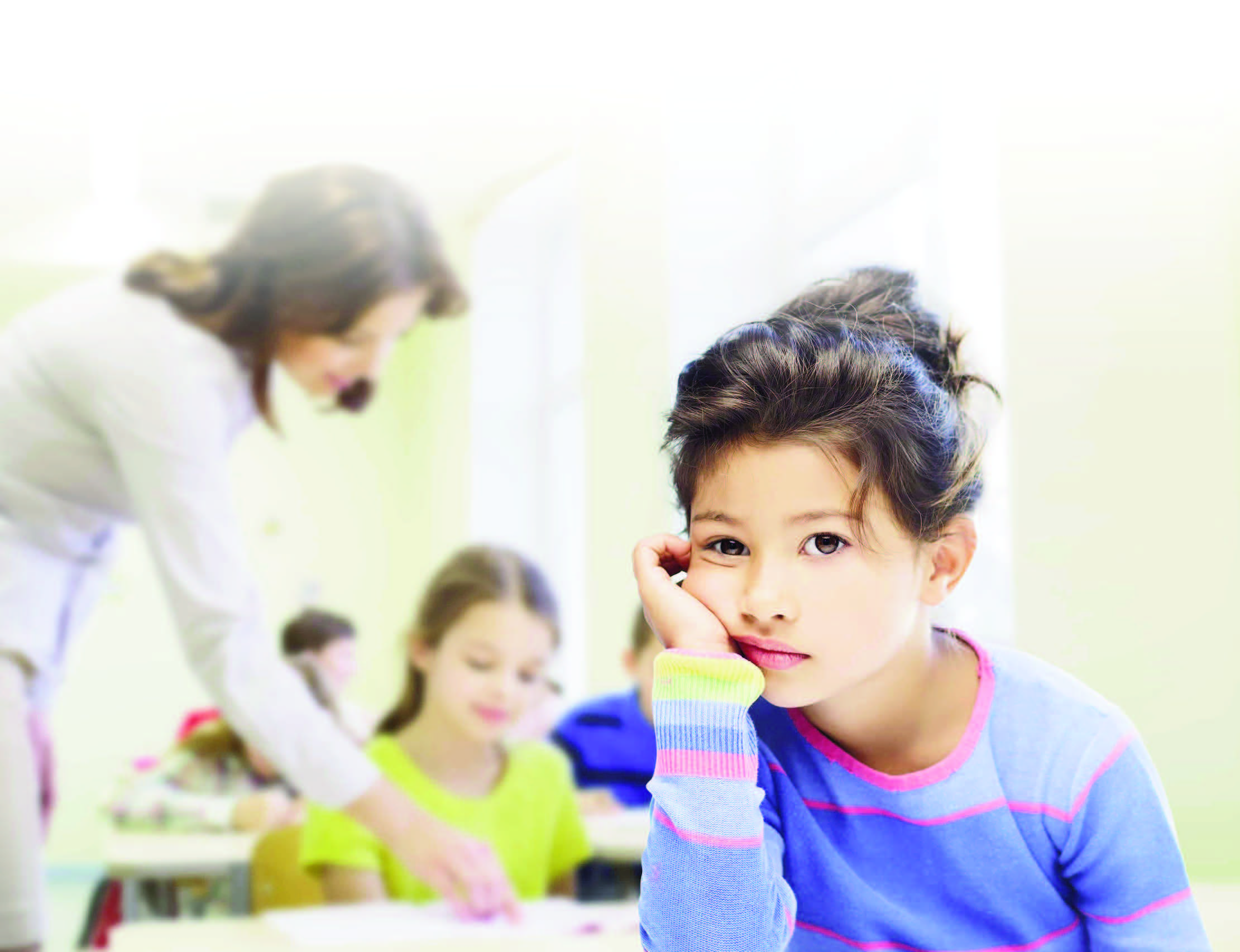Guarding Your Child's Mental Health During the School Year
BY SUSAN L. READ
Young people dealing with mental health issues is not something new. As an educator for over 40 years, I can recall many students over the years who were dealing, with varying levels of success, with a wide range of mental health conditions. The problem was, until recently, there was a lack of recognition by parents, teachers, and even healthcare professionals that these were issues that affected young people. This resulted in a lack of appropriate resources to assist these students, as well as a lack of reading materials which reflected their struggles.
Our children, whether they are in our class or our family, need our time and attention. They need to know we care about their best interests, and that we will always have time for them if they need to talk about something that is concerning them. This may seem obvious but, without meaning to, parents and teachers can often be so busy with everyday family or classroom life issues that they can become blinded to the needs of their children as individuals. It is important for adults to make time for their children every day. A good way to do this is to ask them about their day. Have there been any challenges? Perhaps sharing a challenge you have had in your day to encourage them to see that openness is valued in the class or the family. Have there been any successes worth celebrating, and what are they looking forward to tomorrow?
Celebrating success does not have to mean a focus on grades. Our children and our students should never be compared to each other. As we all know, everyone has different talents and interests, and we all develop at different rates. Praise can be given for a wide variety of things, such as for working hard and putting in their best effort, or mastering a new skill or meeting a new goal. All of this will lead to a healthy self-esteem, which is essential for positive mental health. These are good things to focus on.
If you do discover that your child's grades are slipping, it is important to find out why. A great first step is to talk to your child, followed by a talk to their teacher. Both parents and teachers are in a great position to offer support and to work together to offer help if there is a problem. From my years of experience as an educator, I know that the child always benefits when all the important adults in their lives can come together to provide support.

EXPERT CLASS: Teachers, principals, parents may notice a change in typical behavior. Parents are the ones who are the best experts on what is typical for their child.
Sometimes, our children may behave in a way that is out of character for them. Teachers, principals, parents (or perhaps all of them) may notice a change in typical behavior. "Why did you do that?" is a great question to ask when this happens. Parents are the ones who are the best experts on what is typical for their child. Speak with your child's Guidance Counsellor if necessary to get to the root of the problem. Children should be encouraged to understand that it is okay to feel anger, frustration, and other negative feelings, but it is so important to talk about why they are feeling this way. Let's all be that person our children can talk to, whenever they need to, and about anything they need to talk about.
It is also incredibly important for children to have strong relationships with both family and friends. Learning to form friendships, as well as to work together with classmates who are not friends, are both important life skills. Developing the ability to work through the inevitable conflicts within these relationships will allow children to develop positive conflict will allow children to develop positive conflict resolution strategies, rather than to allow these situations to be the cause of withdrawing from social situations. Both parents and teachers these relationships, particularly when there are changes evident. The global COVID-19 pandemic, and the stresses which have been created and magnified by it, has thrown a spotlight on the issues of the mental health of our young people.
The pandemic has changed our world. Much of this change has been negative. However, by highlighting how much our pre-teens and teens are struggling in many ways it is possible, I believe, to bring a positive twist to this situation. As parents and educators, we have been made more aware of their struggles. The conversation has begun. How can we help? How can we model to our pre-teens and teens that there is a way forward? How can we show them that they are not alone, and that asking for help has positive results?
As an educator I know how important it is for students to be able to see themselves in literature. By writing Mermaid Tears, a middle-grade novel which addresses the topic of mental health in children of that age, I hope to be able to reach out to the readers who are suffering, as well as to their parents, caregivers, and teachers, and to show them that there is a way forward. Other books I have recommended to students in the past include Finding Perfect by Elly Swartz, Fish in a Tree by Lynda Mullaly Hunt, and Counting by 7s by Holly Goldberg Sloan. Seeing how other children, even those who live in fictional worlds, have dealt with mental health issues, healed, and moved forward with their lives is an important step in overcoming obstacles.•
ABOUT THE AUTHOR:
Susan L. Read is a school librarian in Massachusetts and the author of Mermaid Tears. She was born and raised in New Zealand. During that time, she was an elementary school teacher and principal, a writer, and an avid reader of any books she could get her hands on.